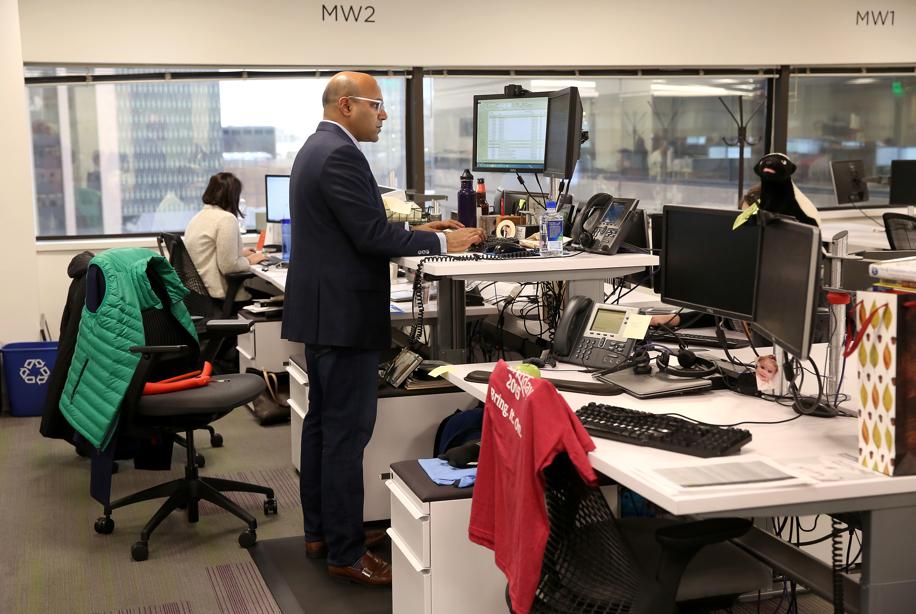
Wayfair Inc.’s shares had their worst day ever on Tuesday after the online retailer reported a bigger-than-expected loss in the second quarter on a surge in expenses.
The stock of the Boston-based home goods company fell almost 20 percent to $38.80, the steepest one-day drop since it went public in October 2014.
Expenses rose nearly 70 percent in the quarter, outpacing the 60 percent increase in sales, the company said in a statement.
Wayfair’s chief financial officer, Michael D. Fleisher, said on a conference call with analysts and investors that costs were driven by increased hiring and new infrastructure that allowed the company to offer next-day and two-day delivery guarantees. The company added 794 jobs in the quarter, for a total of 5,398 employees as of June 30, an 89 percent increase from June 2015.
The company is also spending to roll out a wedding registry and home improvement services.
The net loss for the quarter widened to $48.3 million from a loss of $19.2 million a year earlier. Excluding some items, the per-share loss was 43 cents, exceeding the 41-cent average estimate of analysts tracked by Bloomberg.
Sales at the company climbed to $786.9 million from $491.8 million, while operating expenses increased to $237.2 million from $140.3 million.
The company added nearly 600,000 new active customers in the quarter, bringing its customer base to 6.7 million. There was also “strong repeat purchase behavior,’’ with 58 percent of orders coming from return customers.
Chief executive and cofounder Niraj Shah said the company is taking “one-third to 40 percent of the US online dollar growth in our categories.’’
“There is a secular shift underway as consumers shift home purchases away from brick-and-mortar stores and toward online purchases,’’ he said on the call.
The stock slide is evidence of investor frustration over when the company will reach profitability, said Oliver Wintermantel, a managing director at Evercore International Strategy & Investment Group in New York.
“I think investors were looking for better profitability in the back half of the year, including us,’’ Wintermantel said. But he said the wider loss does not signal deeper problems.
“If you look back at Amazon in 2014, you could have had the same reaction,’’ he said.
Megan Woolhouse can be reached at megan.woolhouse@globe.com.



